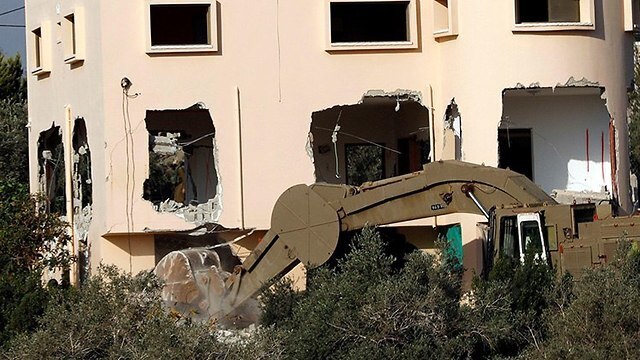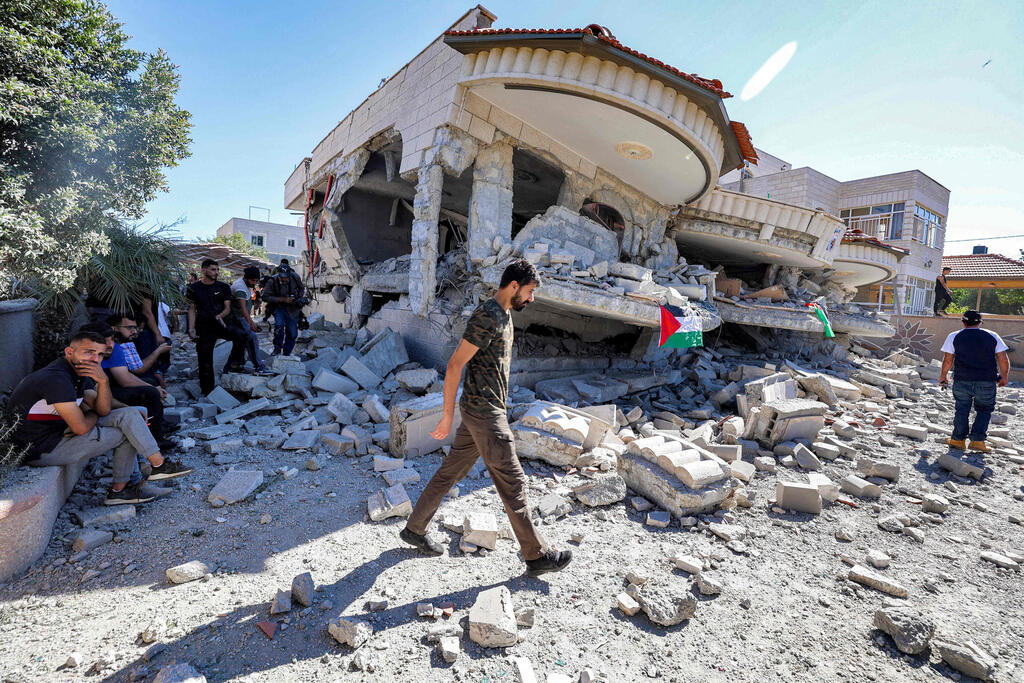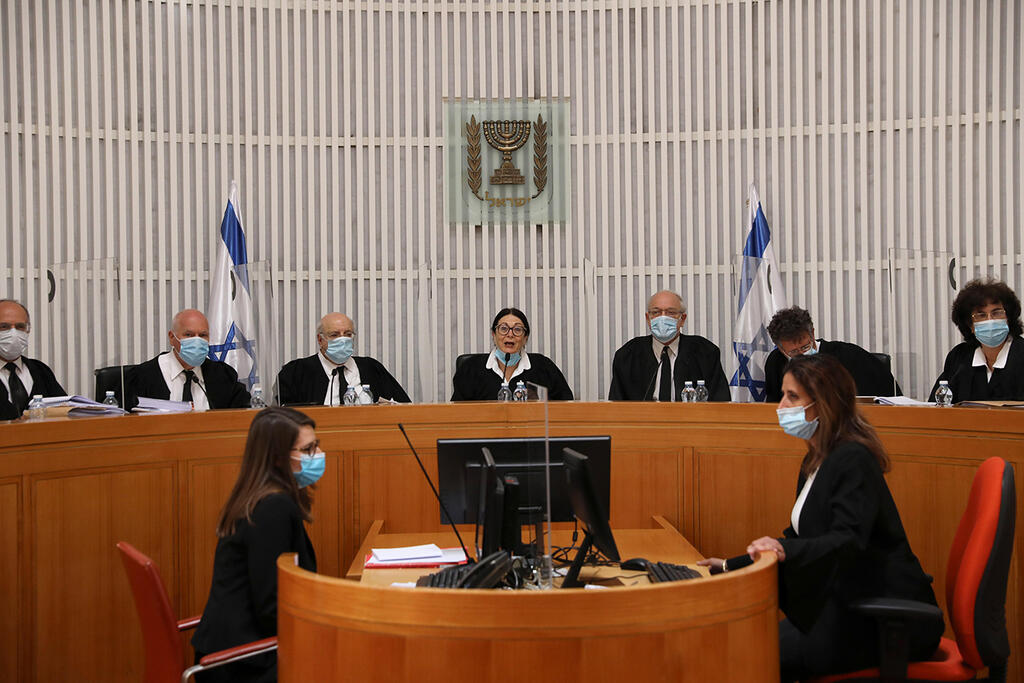The rare U.S. condemnation last week of Israel's demolition of the family home of a Palestinian-American suspected of a role in the deadly shooting of an Israeli teenager was not meant for Palestinian ears.
It was meant for Israeli ears - more specifically those of the country's security establishment.
In a statement after the home of Muntasir Shalabi was destroyed, the U.S. Embassy in Jerusalem called on "all parties to refrain from unilateral steps that exacerbate tensions and undercut efforts to advance a negotiated two-state solution" of the Israeli-Palestinian conflict.
"This certainly includes the punitive demolition of Palestinian homes," a spokesperson said.
"As we stated numerous times, the home of an entire family should not be demolished for the actions of one individual."
This message was a worrying warning sign directed at the IDF Central Command and intended to portray one of Israel's most potent tools in combating terrorism in political light that could jeopardize its continued use.
After every demolition order given following a terror attack, the families of the attackers file a petition against it, sometimes reaching all the way to the High Court of Justice.
The arguments become more refined from petition to petition, and the legal process is never straightforward. Even before any demolition order is issued, the judges carefully inspect the circumstances of the individual terror attack that led to the order.
For example, they ponder whether the suspect is even fit to stand trial, such as the case of Abd Al-Rahman, who in March 2018 stabbed and killed Adiel Kolman in Jerusalem's Old City.
The court decided halted the demolition of his house when it could not determine the act was committed out of nationalist intentions when his family proved that he was mentally unstable.
There is also the question of what section of the house will be demolished and whether the attacker had any connection to the residence.
This how only parts of the homes belonging to Nazmi Abu Bakr, who was charged with throwing the brick that killed IDF soldier Amit Ben-Yigal in May 2020, and Ashraf Na'alwa, who in October 2018 carried out a shooting attack in the West Bank's Barkan Industrial Zone in which his coworkers Kim Levengrond-Yehezkel and Ziv Hajbi were murdered.
3 View gallery


IDF bulldozers demolish the home of Ashraf Na'alwa, who killed two Israeli coworkers in a 2018 terror attack
(Photo: Reuters)
Another aspect that must be examined is whether the attacker's family knew of his intentions and the extent of the harm the house's demolition would cause to them.
But ultimately almost every case ends with the High Court rejecting the petition and allowing the IDF to go ahead with the demolition order.
However, the petitioners - usually Palestinian human rights organizations and HaMoked: the Center for the Defense of the Individual - keep improving their arguments and have now received U.S. backing for their cause.
The moment the next court petition against a demolition order deviates even one inch from being a security issue to a diplomatic one, Israel's ability to combat terrorism will officially be impaired.



